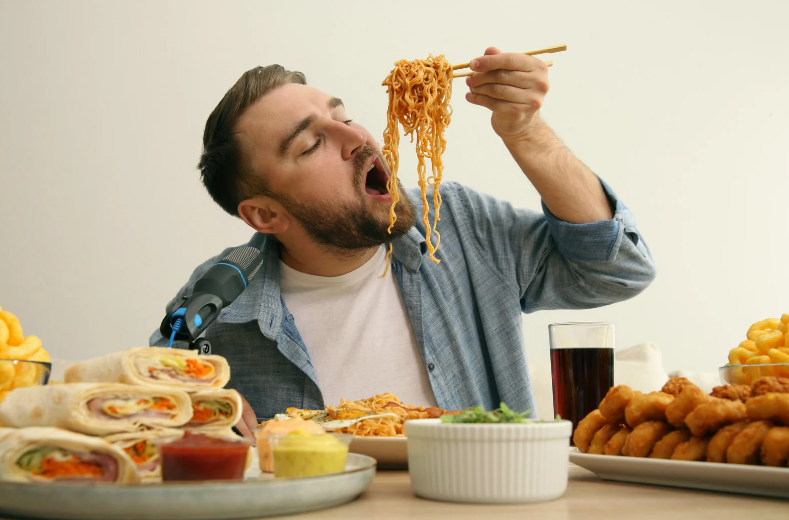On average, how many times do you apologize during any given day?
The answer might be higher than you think.
It has been shown that has found that people say "I’m sorry" multiple times each day. This is perfectly acceptable when the person has done something wrong, but in many cases the words are tossed out too often as a force of habit, even in situations that don’t warrant an apology.
"Apologizing, like most things in life, is neither a good nor a bad thing," notes psychotherapist Karen Koenig. "It’s useful when it is heartfelt and done for an appropriate reason. However, many people fail to say it when they should and others say it habitually with no reason. It is only appropriate when you feel you’ve done something wrong that you want to correct."
There are many different reasons for our culture’s tendency to over-apologize. Some people may have picked up the habit during childhood, while others may be prompted by anxiety and the desire to tame precarious situations or avoid confrontations, explains Dr. Nalin, Psy.D. with Paradigm Malibu. "Emotional abuse is also a contributing factor that may motivate individuals to take the blame," he points out. "This is also the case with highly sensitive people or those with people-pleasing attributes."
According to Dr. Nalin, a surplus of "sorrys" sends a message that we are comfortable claiming ownership for things that are not actually our fault. "In a way, it speaks to our self-worth and the way we view ourselves, which may encourage others to mistreat and take advantage of our too-good nature," he explains.
5 Ways to Stop Begging for Forgiveness
- Mull it over. Before uttering words of apology, Dr. Nalin says to stop and ask yourself if the situation in question is truly your fault. If not, refrain from commenting or use a different set of words. "When others realize that our apologies are carefully weighed, they will treat us in a more respectful manner," he notes.
- Make a list of your "trigger situations." Koenig says it’s important to pay attention to when you tend to apologize. Do you find yourself automatically saying "I’m sorry" to certain people? Do you feel a certain way when you say it, such as ashamed, anxious or afraid? You might try keeping a journal of these scenarios.
- Transform apologies into gratitude. Dr. Heidi McKenzie with Integrity Psychological Services recommends saying "thank you" instead of "I’m sorry." As an example, instead of saying, "I'm sorry for being late," try saying, "Thank you for waiting." Or instead of saying, "I’m sorry to ask you to do this," you could say, "Thank you so much for taking the time to help me."
- Rehearse and prepare: Once you have identified your triggers, you can prepare reactions to those situations. For instance, if you need to cancel dinner plans with a friend, Dr. Nalin suggests practicing your response ahead of time, using words that will add a more positive spin. For example, you might say something like, "I have an obligation that requires me to postpone our evening out. I know you will understand. Please let me know when we can meet next week." The more you practice, the more natural your non-apologetic speech will feel.
- Keep an apology journal. For serious over-apologizers, Dr. McKenzie suggests keeping a log for a week and tallying all of the times they say "I'm sorry" in a week, and why they said it. "Review it and then reassess if this is a phrase that needs to start coming out of your vocabulary as an automatic response," she says.
By taking steps to curb the constant apologies, you will likely find that you gain more respect—both from those around you and from yourself.













